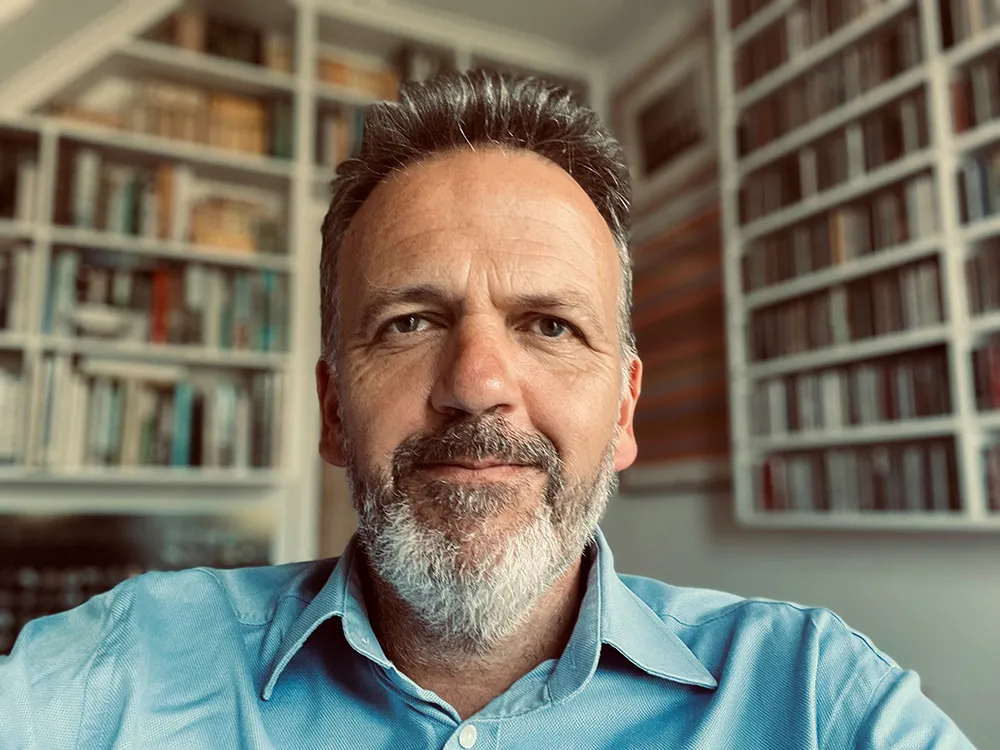
Even more alarming, the fact that a conference about tackling climate change more or less ignored active travel modes such as walking and cycling was bizarre – and the emphasis on electric vehicles suggested there is still a feeling that difficult choices are for other people to make.
World leaders – and many other people of influence – are still passionately, thoughtlessly wedded to their private car. Changing the drivetrain will be enough, we’ll worry about congestion another time.
Public transport – which has a clear role in helping to reduce greenhouse gas emissions – did not feature heavily at Cop26. The answer which should be front and centre of the world’s response to meeting climate action targets has been more or less relegated to an afterthought.
It’s all faintly depressing. And yet…
Don’t despair. There are people of good sense and goodwill working around the world in transportation, even if their political leaders often seem too timid to say what needs saying and do what needs doing.
As Mohamed Mezghani, secretary general of the International Association of Public Transport (UITP), said: “I arrived in Glasgow seeing the glass half empty, I left with the glass half full. And I refuse to let my optimism fade.”
He’s right. Austria is expanding its KlimaTicket Ö, a subscription service opening up national public transport in a bid to tempt people from their cars. Some governments are doing the right thing.
And in this issue of ITS International, we explain more grounds for optimism: the ITS industry has the tools to make a significant difference as we grasp the nettle of transport decarbonisation.
“Moving people and goods around the world generates around a quarter of annual global carbon emissions,” writes Tim Gammons from Arup. That’s a sobering figure - but rather than be downhearted about the state of things, he suggests that the solutions we need to accelerate carbon-free transport are already known, available and ready to be deployed. He even offers up eight ways in which ITS can help.
Practical examples, sensible thinking, action. In a word, refreshing.










